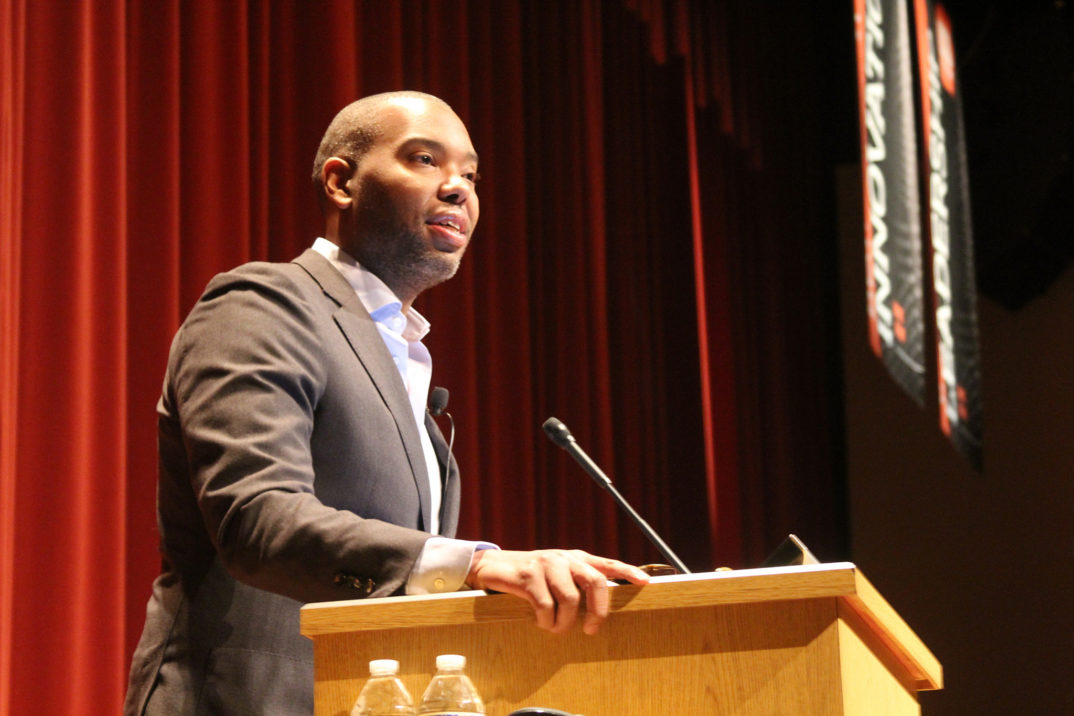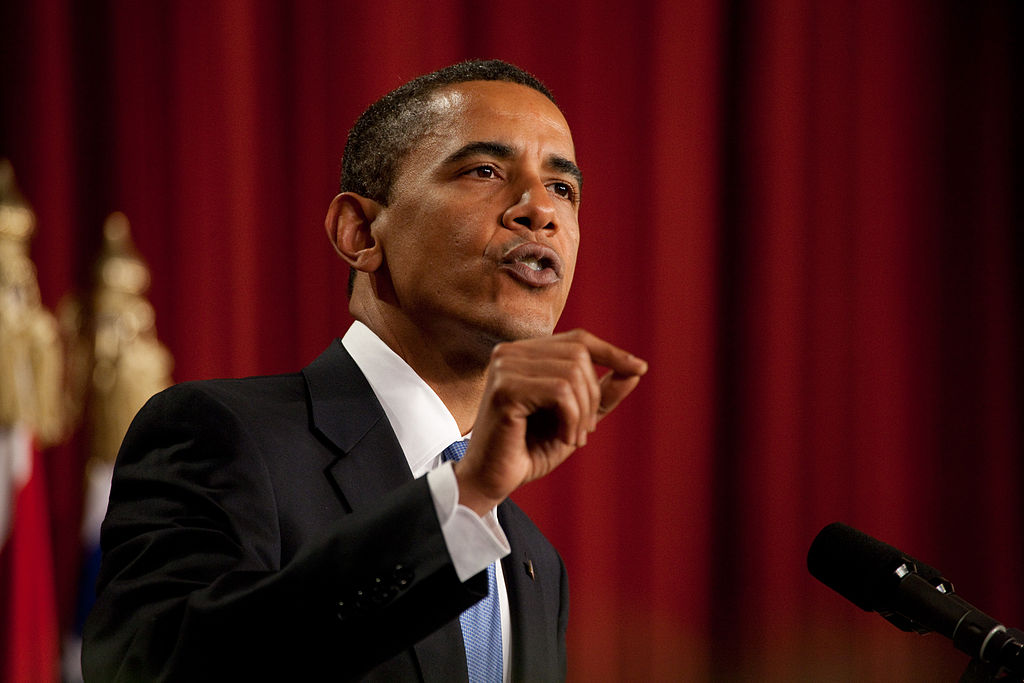The United States is rife with cultural taboos. Some common taboos native to the United States include topics such as religion, abortion, and polygamy. But perhaps the most infamous of taboos in the United States is race, specifically pertaining to African Americans. Since individuals of African descent were seen as profitable due to their forced labor, the “n-word” has become part of the English vernacular. The n-word has persisted through history, not only as a racial slur but as a reminder of the history of black people. The n-word has even morphed into a more modern form, changing from the hard -er to a more common -a. Although the historical implications of the n-word and its variants are widely known, it still seems as if there is confusion as to why the n-word shouldn’t be used by those who are not of African descent, raising the question of why some non-black people think that use of the n-word is acceptable.
Continue reading “The Complex, Yet Remarkably Straightforward, Ethics of the N-Word”


